What is the Alternative Measures Program (AMP) in Alberta?
The Canadian legal system offers various ways to address criminal charges, and the Alternative Measures Program (AMP) is one of them. Designed to provide eligible offenders with an option to avoid a criminal record and face an alternative to traditional prosecution, the AMP focuses on rehabilitation, restitution, and community-based resolutions rather than punitive measures and criminal convictions. This article explores the key aspects of the Alternative Measures Program, including its objectives, eligibility requirements, process, and benefits.
Table of Contents
Understanding the Purpose of AMP

The primary goal of the Alternative Measures Program is to divert individuals away from formal prosecution in cases involving minor offences. By addressing the underlying causes of criminal behaviour, participation in AMP seeks to prevent recidivism and promote positive reintegration into society. Rather than subjecting individuals to the potential long-term consequences of a criminal conviction, the program emphasizes accountability, rehabilitation, and reconciliation between offenders and the community.
AMP is authorized under Section 717 of the Criminal Code of Canada. This section allows for the use of alternative measures to deal with individuals charged with certain offences, provided that specific conditions are met. The program reflects a restorative justice approach, which is gaining traction worldwide as a more effective way to handle minor crimes.
Each province and territory in Canada, including Alberta, has implemented its own version of AMP. In Calgary, the program is available through the courts, with Crown prosecutors playing the key role in assessing eligibility.
Eligibility Criteria for AMP
Not everyone facing criminal charges qualifies for the Alternative Measures Program. Eligibility depends on several factors, including the nature of the offence, the offender’s criminal history, and the circumstances of the case.
To be considered for AMP, the following conditions typically apply:
- The offence must be minor: AMP is generally available for non-violent offences, such as theft under $5,000, mischief under $5,000, or minor fraud cases.
- The offender must accept responsibility: Participation in the program requires the individual to acknowledge their responsibility for the offence.
- The offender must be willing and able to participate: Entry into AMP is both voluntary and discretionary, and offenders must agree to comply with the program’s terms.
- Very limited or no prior criminal record: Individuals with a clean or a very minor and dated criminal record are more likely to be considered eligible.
Cases involving serious crimes, domestic violence, or repeat offenders are typically not considered for AMP. However, the discretion of a Crown prosecutor is determinative.
The Process of Entering AMP

The process begins when a Crown prosecutor reviews the case and determines whether the accused is eligible for the program. If eligibility is established, the prosecutor may recommend AMP as an alternative to formal court proceedings should the accused request an Early Case Resolution (ECR) position from the Crown’s office.
Steps Involved:
- Referral: The offender is referred to the probation agency that oversees AMP.
- Initial Meeting: The offender meets with the AMP supervisor to discuss the terms and conditions that the offender must fulfill in order to successfully complete the program.
- Agreement: An agreement is signed, outlining the conditions the offender must meet, such as community service, restitution, counselling, or other educational programs.
- Completion: The offender must successfully complete all of the program requirements within the agreed timeframe, this is typically four months from the first court date that an offender agrees to participate in AMP.
- Dismissal of Charges: Upon successful completion, the charges against the offender will be withdrawn, meaning no criminal conviction will appear on their record.
If the offender fails to complete the program, the case will be returned to court to proceed with a traditional prosecution of the charges.
Common Conditions Imposed in AMP
The conditions of participation in the Alternative Measures Program may vary based on the nature of the offence and the offender’s circumstances. Common requirements include:
- Community Service: Performing a set number of hours of volunteer work.
- Restitution to Victims: Compensating victims for financial losses resulting from the offence.
- Counselling or Other Treatment Programs: Attending counselling for issues such as substance abuse, anger management, or mental health concerns.
- Educational Programs: Participating in educational workshops related to crime prevention, addiction prevention, or life skills.
Conditions are tailored to address the root causes of the offender’s behaviour and promote their rehabilitation.
Benefits of AMP for Offenders and the Community

The Alternative Measures Program offers several advantages for both offenders and the broader community.
For Offenders:
- Avoiding a Criminal Record: Successful completion of the program means the charges are withdrawn, preventing long-term consequences related to employment, education, and travel.
- Rehabilitation Opportunities: Offenders can access counselling and support services to address the underlying causes of their behaviour.
- Restorative Justice: By making amends to victims or the community, offenders are encouraged to take responsibility for their actions.
For the Community:
- Reduced Court Backlog: Diverting minor cases away from the court system helps reduce delays and allows courts to focus on more serious matters.
- Restitution and Reconciliation: Victims and communities benefit from restitution and the offender’s active participation in addressing the harm caused.
- Lower Recidivism Rates: By focusing on rehabilitation, the program aims to reduce the likelihood of reoffending.
Challenges and Criticisms of AMP
While AMP offers many benefits, it is not without its challenges and criticisms. Some argue that the program may be perceived as being too lenient. Additionally, the success of the program depends on the offender’s genuine commitment to rehabilitation.
Another challenge involves ensuring that victims are adequately supported throughout the process. Some victims may feel that the program focuses too heavily on the offender’s needs without addressing their own.
Contact Shim Law Today

The Alternative Measures Program is an important component of Canada’s criminal justice system, providing an opportunity for eligible offenders to avoid the long-term consequences of a criminal conviction, while taking responsibility and addressing the harm caused by their actions. By focusing on rehabilitation, restitution, and community involvement, the program promotes positive outcomes for offenders, victims, and the community as a whole.
For those facing criminal charges in Calgary, understanding whether AMP is a viable option can be crucial. Consulting a legal professional can help determine eligibility and guide individuals through the process, ensuring that their rights are protected while pursuing the best possible outcome. Please contact Shim Law today at (587) 391-9580 or book an online consultation to learn more.












